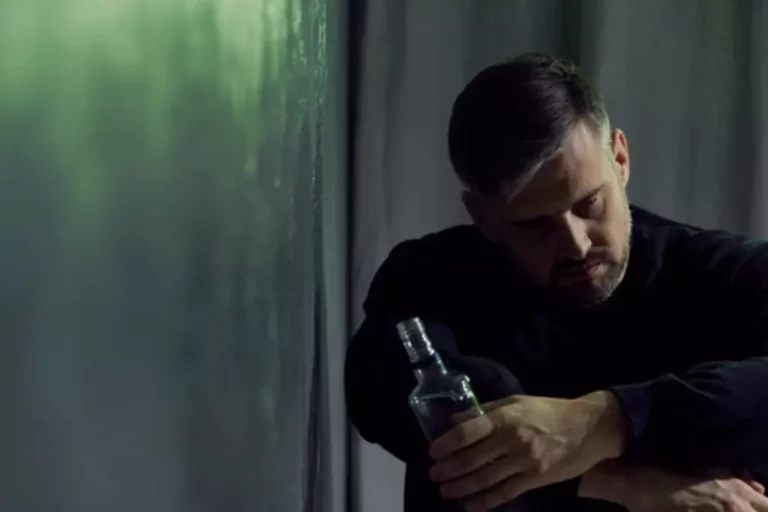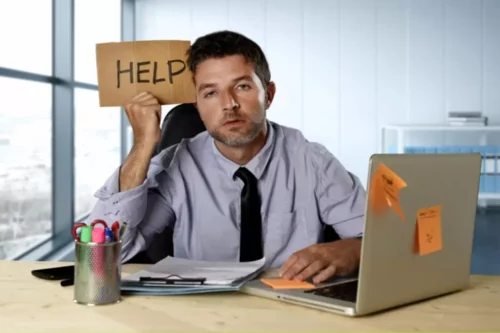What Is Love Addiction?

In the jungle, they find a feral, off-the-grid Lesley Manville (an all-timer, here with no eyebrows and browned-out teeth) as a civilization-shirking woman conducting ayahuasca research in a remote hovel, guarded by one hell of a viper. But in terms of the movie’s structure and story, it is a portal that’s never again closed, even as Lee so might wish he https://ecosoberhouse.com/ could. And once you realize why he wanted to acquire telepathy to begin with, what he wanted to grasp by opening that portal, it’s devastating. Suddenly, it’s as if the filmmaking itself has taken the ayahuasca drug, with a body-horror-surreal, easy-metaphor-defying dance, let’s call it, between the leads, choreographed by Sol León and Paul Lightfoot.
Two Paths of Love

Ideally, you’ll want to opt for activities that mentally engage you and help promote a sense of self-worth. Some of these tendencies may resemble an “addiction,” so to speak, because they lead you to fixate on someone else as a means of avoiding anxiety and other unwanted emotions. Not every relationship will work out, of course, and sometimes moving on is the best option for you and your continued well-being. No medications treat this condition specifically, although some research shows that antidepressants and mood stabilizers might help with symptoms of obsession and impulsivity in some situations. By taking responsibility for someone else’s substance use, you might be forcing yourself into a constant state of worrying about something that is outside your control. By taking a step back and surrendering that responsibility, you can let go of displaced anxiety.
How to Let Go of An Addict You Love: Knowing When It’s Time To Let Go
- Psychotherapy and pharmacotherapy may be helpful in treating certain symptoms of this condition, though research on treatments is limited.
- While most losses are located in a specific time and space, the loss of a family member to addiction may be less pin-downable.
- Or you may be asked to do favors for the addict on a consistent basis, such as watching their children or doing their errands, and you may not know how to say no.
- This isn’t to say that you should excuse lying, only that you should understand where it’s coming from so you can take it a little less personally and avoid getting sidetracked by pain and resentment.
Ditlevsen’s failure of nerve, causing her to wrap up three volumes of the most trenchant and unillusioned autobiography ever written with a feeble daydream, is easily explained. She surely felt the reader (and perhaps the author) had endured too much pain in the preceding story to be sent away without solace. The fact that, in so doing, she effectively obeyed a formal convention of addiction memoir helps explain how many of those conventions arose. It was not due to some kind of lineage of influence loving an addict reaching back to De Quincey, but the inevitable result of applying the simplifying dictates of storytelling and lowest-common-denominator audience needs to roughly similar experiences. The fact that even a great artist like Ditlevsen can capitulate to such dictates, if only once, demonstrates how powerful they are. Since falling in love elicits such strong emotions and feelings of desire, some experts refer to it as a “love addiction and withdrawal,” even though it’s not formally recognized as one.

Memoirs of an Addicted Brain: a Neuroscientist Examines His Former Life on Drugs by Marc Lewis
You can’t take care of your partner by neglecting your personal needs. Living with other people always calls for balance and understanding to create a safe and harmonious household. When it comes to living with someone with an addiction, though, such goals may be a bit more challenging. The immediacy and consistency of positive rewards for any movement in a healthy direction has been shown to shape behavior in addictive individuals that can increase the odds of recovery.
Louise Foxcroft on The History of Medicine and Addiction
- But it’s a broken relationship if active addiction is a part of it.
- In fact, about five out of six people who try a drug will not get hooked on it.
Best Addiction and Sobriety Books
What Happens When You’re Loving Someone with Addiction

When to get support

Leave a reply